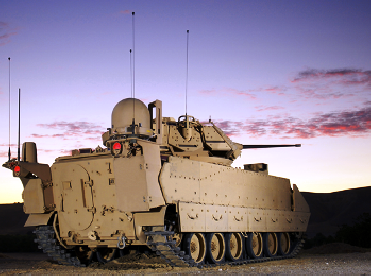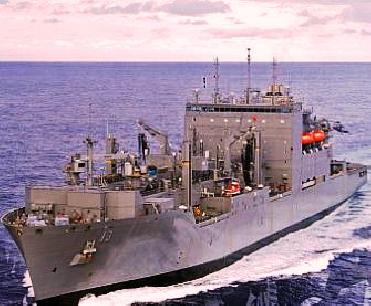
WASHINGTON (PTI): Earthly microbes can survive the harsh environment of Mars given a little protection, Italian astronomers have claimed.
Researchers at University of Padova said that microbes similar to those on the earth would have a tough time surviving the harsh environment of Mars but it is not inconceivable that they could persist there given a little protection.
The finding supports similar, previous work and lends credence to the theory that if microbial life ever arose on Mars, it could exist below the planet's surface to this day.
Mars is in most respects a terrible habitat for life as its winter temperatures can dip below - 100 degrees Celsius, the atmosphere contains little oxygen and without the benefit of a robust ozone layer the Martian surface is bombarded with ultraviolet (UV) solar radiation.
In a paper submitted to Planetary and Space Science, the researchers presented the results of submitting a number of terrestrial bacteria to simulated Martian conditions, the Scientific American reported.
Lead researcher Giuseppe Galletta and his colleagues introduced bacterial species, including three strains from the Bacillus genus and a strain of Mycobacterium smegmatis, to their LISA and mini LISA experimental chambers.
The enclosures provide a rough facsimile of Mars' surface - they are cooled by liquid nitrogen to create extreme Martian cold, bathed in UV light and flooded with a low-pressure carbon dioxide atmosphere.
The researchers varied the environmental parameters to simulate the drastically different conditions found on Mars depending on the season and the time of day.
Galletta and his colleagues found that the bacteria handled the temperatures, low pressures and lack of oxygen relatively well but that the UV intensity all but wiped out the colonies in minutes.
Even the extremophile Deinococcus radiodurans, which can endure mammoth blasts of gamma rays hundreds of times more powerful than would kill a human, could not last 10 minutes under UV exposure.
Similar experiments have been carried out in the past, including many that have sought to determine the threat of terrestrial microbes stowing away on Mars-bound spacecraft and contaminating the Red Planet. In those studies, UV irradiation was also shown to be a lethal force for bacteria.
The Italian group found that bacterial spores fared much better than active cells; the Bacillus spores survived for more than an hour, albeit in low numbers.
The study's authors report that spores shielded from UV light, as might occur on Mars beneath the frozen surface or in a cave, stabilize in a dormant state before reactivating in the presence of liquid water.
"This is important for Mars, because if underground water exists this may mean that life could survive in some ecologic niches," Galletta says.
 Previous Article
Previous Article Next Article
Next Article













The Indian Air Force, in its flight trials evaluation report submitted before the Defence Ministry l..
view articleAn insight into the Medium Multi-Role Combat Aircraft competition...
view articleSky enthusiasts can now spot the International Space Station (ISS) commanded by Indian-American astr..
view article